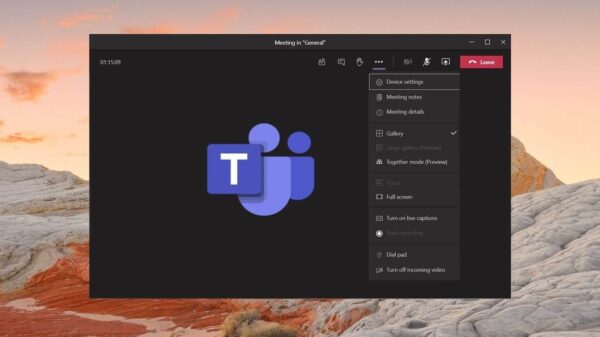For organisations of all sizes, ensuring strong security measures is critical. With the growing popularity of cloud computing, Microsoft Azure Security has emerged as one of the major cloud platforms, offering diverse tools and services to improve data and application security. As security threats increase, organisations want dependable solutions to protect their cloud assets. In this blog, we will look at some of Microsoft Azure’s top security products and services; Microsoft Security Certification allows organisations to boost their cloud security and obtain peace of mind.
Table of Contents
- Top Security Tools and Services in Microsoft Azure
- Azure Active Directory (Azure AD)
- Azure Security Center
- Azure Information Protection (AIP)
- Azure Key Vault
- Azure DDoS Protection
- Azure Sentinel
- Azure Firewall
- Azure Advanced Threat Protection (Azure ATP)
- Azure Virtual Network (VNet) Service Endpoints
- Azure Bastion
- Conclusion
Security Tools and Services in Microsoft Azure
Here are Microsoft Azure’s Top Security Tools and Services:
Azure Active Directory (Azure AD)
Azure Active Directory (Azure AD), at the heart of Microsoft’s identity and access management system, offers a secure basis for authenticating and authorising users in Azure. It provides Single Sign-On (SSO), multi-factor authentication (MFA), and conditional access restrictions to ensure that only authorised users have access to resources and data.
Azure Security Center
The Azure Security Centre is a sophisticated tool that provides a single picture of an organisation’s Azure security posture. It offers continuous monitoring, threat detection, and security recommendations to help discover and address potential vulnerabilities and security threats. Security Centre additionally provides Just-In-Time access and Network Security Groups for network traffic control and attack surface reduction.
Azure Information Protection (AIP)
AIP is intended to safeguard sensitive data by enforcing categorisation and encryption regulations. It enables businesses to identify and categorise documents and communications based on their sensitivity levels. AIP encrypts data at rest and in transit, assisting in the prevention of data leaks and unauthorised access.
Azure Key Vault
Azure In Azure, Key Vault provides secure key management and secret storage. It enables organisations to manage cryptographic keys, certificates, and other secrets used by cloud apps in a centralised manner. Key Vault protects these important elements from unauthorised access and offers strong access control methods.
Azure DDoS protection
DDoS attacks have the potential to interrupt services and inflict severe harm to enterprises. Azure DDoS Protection protects against such assaults by detecting and reducing malicious traffic automatically, maintaining service availability and resilience.
Azure Sentinel
Azure Sentinel is a cloud-native Security Information and Event Management (SIEM) and Security Orchestration, Automation, and Response (SOAR) service by Microsoft. It enables organisations to stay ahead of complex cyber attacks by providing intelligent threat detection, incident investigation, and automated response capabilities.
Azure Firewall
Azure Firewall is a managed firewall solution that enables businesses to govern inbound and outbound traffic to Azure infrastructure. It serves as a perimeter firewall for Azure Virtual Networks, preventing unauthorised access to sensitive data.
Azure ATP (Azure Advanced Threat Protection)
Azure ATP is a cloud-based security tool that detects and investigates sophisticated assaults on-premises and in the cloud. It detects suspicious actions and potential security concerns using behavioural analytics and machine learning.
Azure Virtual Network (VNet) Service Endpoints
Organisations may safeguard their Azure resources by restricting access to certain subnets and Virtual Machines inside a VNet using Azure Virtual Network Service Endpoints. This aids in the protection of crucial resources from unauthorised external access.
Azure Bastion
Azure Bastion secures and streamlines RDP and SSH access to Azure Virtual Machines without exposing them to the public internet. It lowers the attack surface and makes remote access management easier.
Conclusion
As businesses continue to use cloud technology, Microsoft Azure’s advanced security capabilities and services are essential for ensuring data protection and protecting against evolving cyber threats. By utilising Azure AD, Azure Security Centre, Azure Information Protection, Azure Key Vault, and other security features, businesses may improve their cloud security posture and conform to industry requirements. In addition to paving the way for an efficient digital transformation, using these leading security solutions and services in Microsoft Azure will provide stakeholders peace of mind that their data and apps are secure from potential attacks. When wanting to demonstrate their expertise in Microsoft Azure security, professionals may further validate their skills and knowledge by pursuing the Microsoft Security Certification.































































You must be logged in to post a comment Login